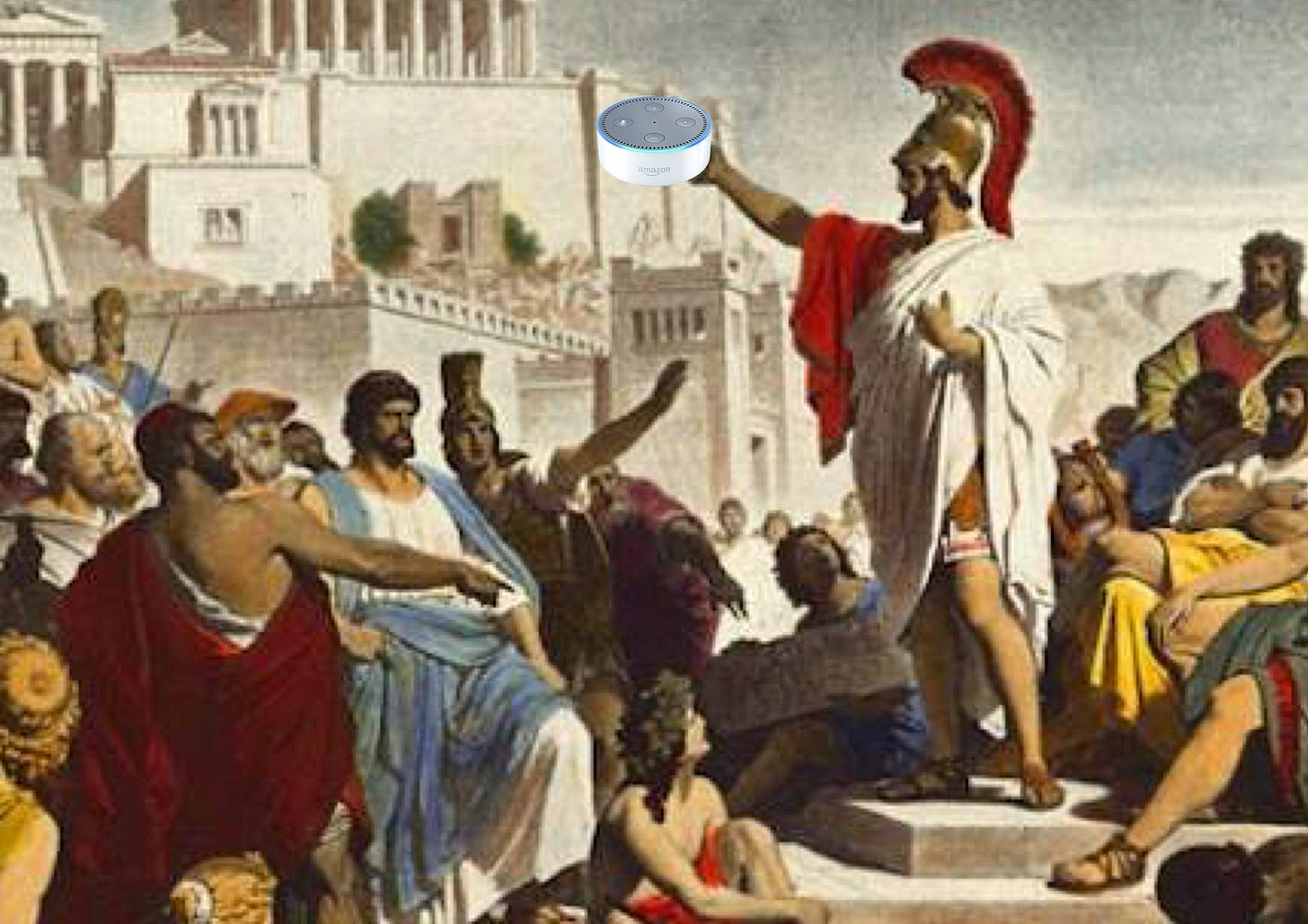🗃️ From the Archive: In Data We Trust!
Big Data and algorithms are gradually decimating the concepts of individualism and free will
Originally published in March 2017
For centuries, conventional wisdom suggested that humans were the ultimate source of truth. As individuals, we entrust ourselves to determine what is right and what is wrong. After all, many of the constructs of the world have been shaped around this idea. Elections rely on the votes of the people, and thus the mission …



